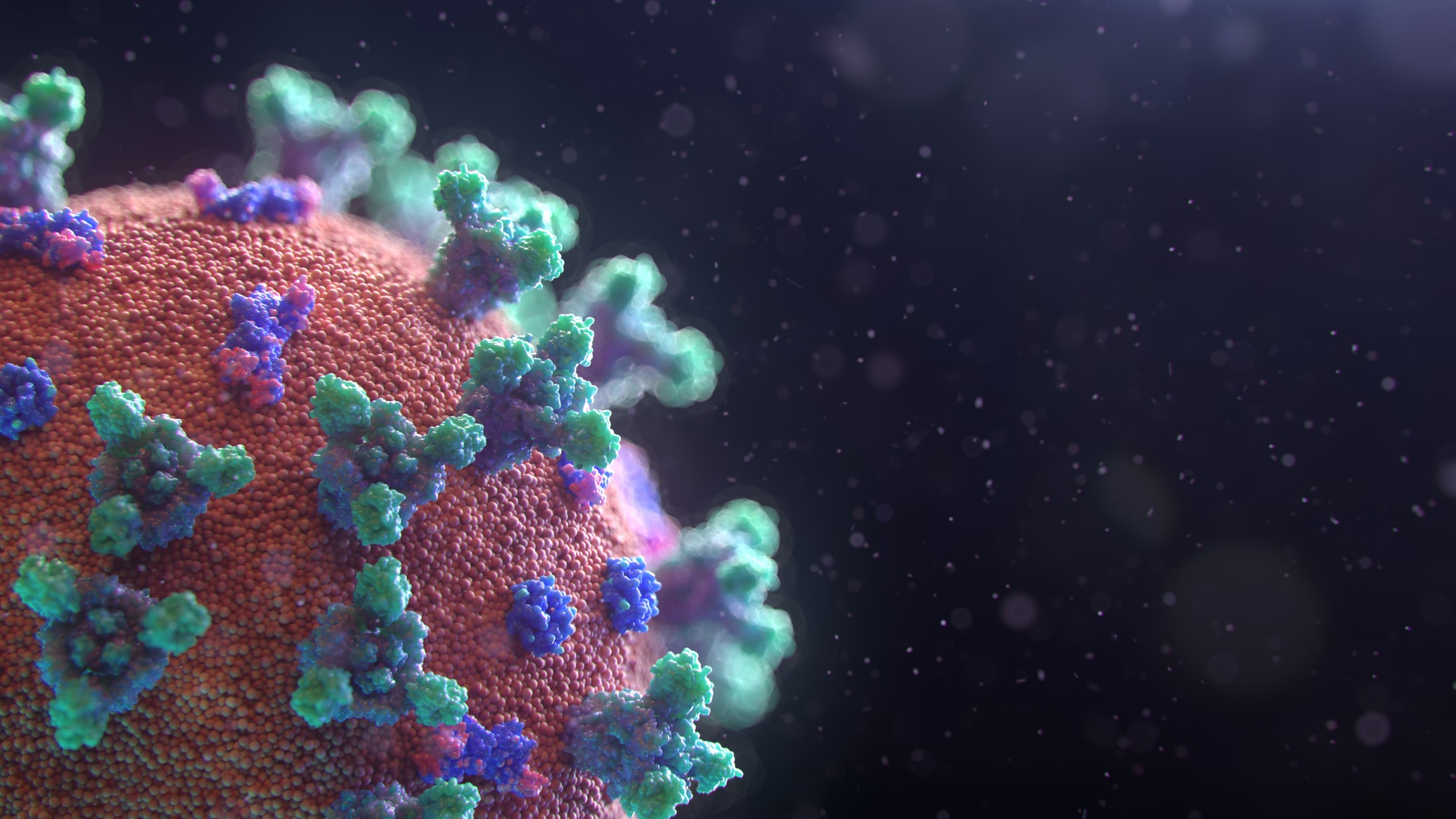Eating excessive amount of sugar can have negative effects on health. Sweet foods and beverages can lead to weight gain, blood sugar problems, heart disease, acne problems etc.
Following are the reasons that the sugar is worst to use:
Weight gain:
The cases of obesity are increasing due to the use of an excessive amount of sugar. Especially sugar-sweetened beverages are thought to be one of the main reasons.
Sugar-sweetened drinks include sodas, juices and tea are laden with fructose it is a simple type of sugar. Glucose is the main type of sugar and it is found in starchy foods. Drinking a lot of sugar-sweetened beverages will increase visceral fat that is the deep belly fat.
In short, using an excessive amount of sugar can increase your risk of weight gain and it can increase you visceral fat as well.
Alzheimer’s Disease:
It is also a type of diabetes. It is caused due to the excessive amount of sugar.
Increases the risk of heart disease:
Heart diseases are one of the primary causes of death. Heart diseases can also be caused by the excessive use of sugar.
High sugar diets can lead to fatness, inflammation and high triglyceride, blood sugar, and high blood pressure levels; all risk factors for the heart disease.
A study in over 30,000 people found that those who consumed 17–21% of calories from added sugar had a 38% greater risk of dying from heart disease compared to those consuming only 8% of calories from added sugar.
Mineral deficiency:
A large amount of sugar can lead to mineral deficiency. Chromium, magnesium, copper, and zinc are all removed due to the metabolism of sugar.
Acne:
High sugar diet can increase Androgen secretion, oil production, and inflammation, all the things that can develop a high risk of acne.
Studies have shown that low glycemic diets are associated with a low acne risk. In contrary to this, high glycemic diets have a high risk of acne.
Increased risk of diabetes:
A high sugar diet can increase fatness and insulin resistance. These both are the risk factors for the diabetics.
Insulin resistance may cause the blood sugar level to rise. It strongly increases your risk of diabetics.
Disturbs nutritious food:
High sugar and increased intake of junk foods can disturb the nutritious foods. There is zero nutrition in sugar.
Increases the risk of cancer:
Eating excessive amount of sugar can increase the risk of certain cancers. Excessive sugar can increase obesity, insulin resistance, and inflammation. All these factors are a high risk of cancer.
The study shows that women who eat excessive sugar in cookies and sweet beverages, three times per week, were 1.42 times more likely to evolve endometrial cancer.
Increases the risk of depression:
Using sugar in excessive amounts can increase the risk of depression. A study shows that 8000 people of 22 years, who ingest 67 grams or more the 67 grams of sugar were 23% more likely to suffer from depression.
Hastens the skin aging process:
Winkles appears naturally disregarding of one’s health condition. They appear more with the increase of sugar foods.
An excessive amount of sugary foods can increase the production of Advanced glycation end products (AGEs) that can advance skin aging and wrinkles formation.
Advanced glycation end products (AGEs) are the compounds composed by the sugar and the proteins in your body. They play a fundamental role in skin aging.
Advanced glycation end products (AGEs) basically damages the collagen and elastic. They are the proteins that keep the skin stretch and keep the youthful appearance. When the collagen and elastic damages then the skin loses its firmness and it becomes dull.
Drains your energy:
High sugar foods can negatively impact energy. It causes a spike in blood sugar followed by the crash. Products that have an excessive amount of sugar but lack proteins may lead to abrupt energy. If there are consistent blood sugar swings then it can lead to fluctuation in energy levels.
Fatty stomach:
A high absorption of fructose can cause a fatty liver. In the liver, fructose is transformed into the energy or stored as glycogen.
Huge amounts of added sugar in the form of fructose burden and overwhelm your liver, leading to non-alcoholic fatty liver disease (NAFLD), a condition characterized by an excessive fat buildup in the liver.
Kidney diseases:
If the sugar levels are consistently high then it can cause kidney diseases. High sugar levels can be a source of damage to the delicate blood vessels in your kidney.
Dental problems:
Eating an extra amount of sugar can be a source of dental problems. Like due to high sugary foods, cavities form. Teeth can be demineralized due to the high sugary food.
Joint problems:
Eating a lot of sugar can cause inflammation in the joints. It has been linked to Rheumatoid Arthritis, an inflammatory joint disease.
Sexual Health:
Research suggests adding too much sugar in the diet can affect the sexual health. It can lead to impotence in men.
Conclusion
Having excessive sugar in the diet has several side effects as mentioned above. It is hard to say as to what is the right amount which can be taken as sugar is not required nutrient in our diet.
However, the American Heart Association suggests that men should consume no more than 150 calories (about 9 teaspoons or 36 grams) of added sugar per day. That is close to the amount in a 12-ounce can of soda.
Now in order to limit or restrict sugar following things should be cut off:
- brown sugar
- corn sweetener
- corn syrup
- fruit juice concentrates
- high-fructose corn syrup
- honey
- invert sugar
- malt sugar
- molasses
- syrup sugar molecules ending in “one” (dextrose, fructose, glucose, lactose, maltose, sucrose).
This is the only way to protect our health against the serious issues caused by increased dietary sugar consumption.
References:
https://www.healthline.com/nutrition/too-much-sugar#section5
https://www.health.harvard.edu/heart-health/the-sweet-danger-of-sugar




Very interesting